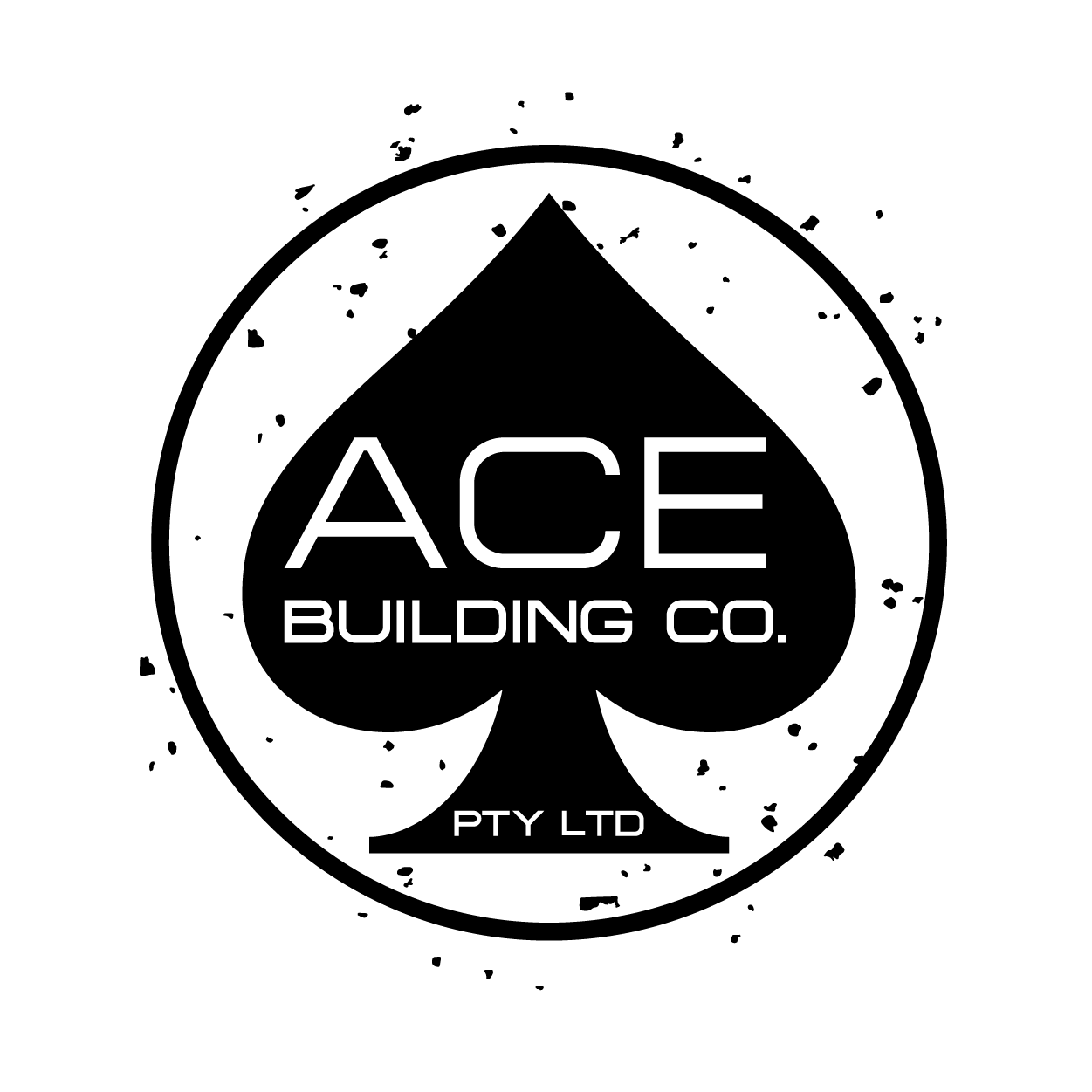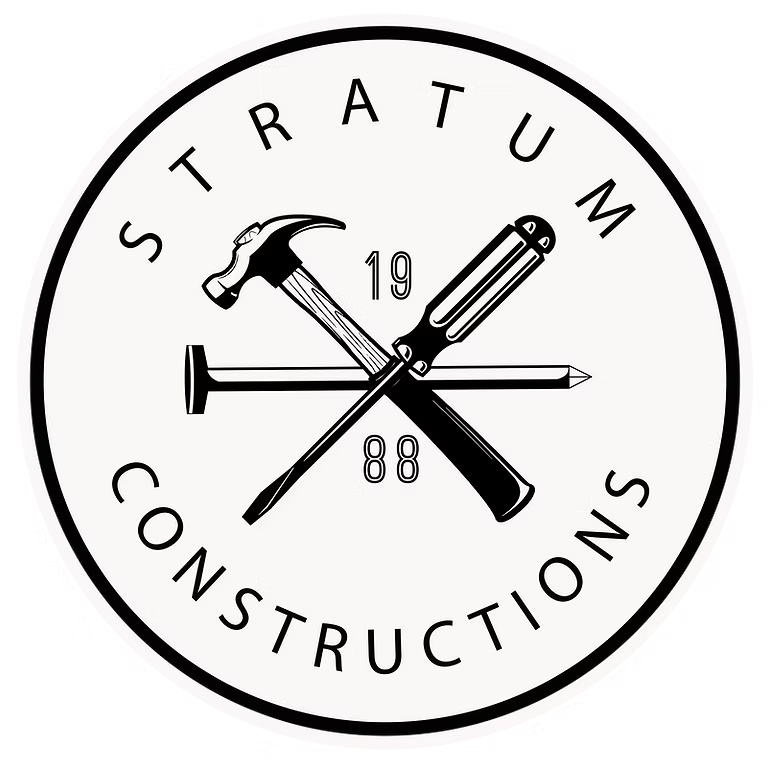Waterproofing in the Hunter Valley
Get a Free Quote Today in Hunter Valley!
Residential
Renovations
New-Builds
Commercial
Hunter Valley Waterproofing
Waterproofing is essential for ensuring that buildings in the Hunter Valley can stand up to the region’s heavy rainfall, clay-rich soils and temperature extremes. Without the right systems in place, moisture can breach structural components, triggering long-term damage, mould growth and material decay.
A professional waterproofing solution involves more than a surface fix—it’s a comprehensive approach that protects from the ground up. From below-slab treatments to external sealing and trafficable membranes, each application plays a critical role in the longevity of your property. Whether you're dealing with new construction or maintaining an older site, every element needs to be sealed correctly and to code. At Legend Waterproofing, we work with property owners, builders and developers to install robust waterproofing systems that perform under pressure.
For reliable waterproofing in the Hunter Valley, call Legend Waterproofing on 0412 618 073.
Our Services
General Waterproofing
In the Hunter Valley, we apply general waterproofing to existing structures that show signs of moisture intrusion or require preventive protection. Surfaces such as rooftops, walls and planter boxes are treated with systems that suit regional exposure levels.
New-Build Waterproofing
New-build waterproofing in the Hunter Valley ensures that foundations, balconies and retaining walls are protected from the moment construction begins. We work seamlessly alongside builders to integrate waterproofing into the build process.
Renovation Waterproofing
Our renovation waterproofing service is ideal for property upgrades across the Hunter Valley, where aged membranes or poor historical waterproofing may exist. We install modern systems that preserve the value and condition of new works.
Why Choose Us?
Our experience, quality, and professionalism make us the go-to waterproofing team in Hunter Valley.
- Over 22 Years of Industry Experience
With decades of hands-on work, we’ve encountered nearly every waterproofing scenario. That knowledge helps us handle diverse sites across residential, commercial and semi-rural areas. - Compliant and Certified Waterproofing Systems
Our materials and methods meet strict building codes and standards. You get solutions that pass inspection and perform under real-world pressure. - Tailored Solutions for Every Build Stage
From initial excavation to post-renovation touch-ups, we apply waterproofing systems designed for each phase. This ensures long-term protection, no matter the project type. - Exceptional Local Knowledge
We understand how regional conditions like clay soil, temperature shifts and vineyard developments affect moisture exposure. This insight helps us design smarter systems that last.
Get a Free Quote Today in Hunter VAlley!
Frequently Asked Questions
Can waterproofing improve energy efficiency?
Yes, properly sealed buildings are better at managing internal temperatures and humidity. Moisture ingress can undermine insulation and increase energy use for heating and cooling. By reducing dampness and improving envelope integrity, waterproofing can indirectly lower energy bills.
How does waterproofing protect against soil movement?
Waterproofing helps reduce water saturation in surrounding soil, which can lead to movement and pressure changes. This is especially important in areas with clay soils that expand and contract. By controlling moisture, waterproofing contributes to slab and foundation stability.
Are there eco-friendly waterproofing options?
Yes, many modern membranes and sealants are low-VOC and designed with environmental performance in mind. Some systems also support green roofing or planter box applications. Choosing the right product depends on your build type and sustainability goals.
What’s the difference between damp-proofing and waterproofing?
Damp-proofing resists moisture but does not block liquid water under pressure. Waterproofing, on the other hand, creates a complete barrier capable of handling standing water and hydrostatic forces. For most external or below-ground applications, waterproofing is the correct choice.














